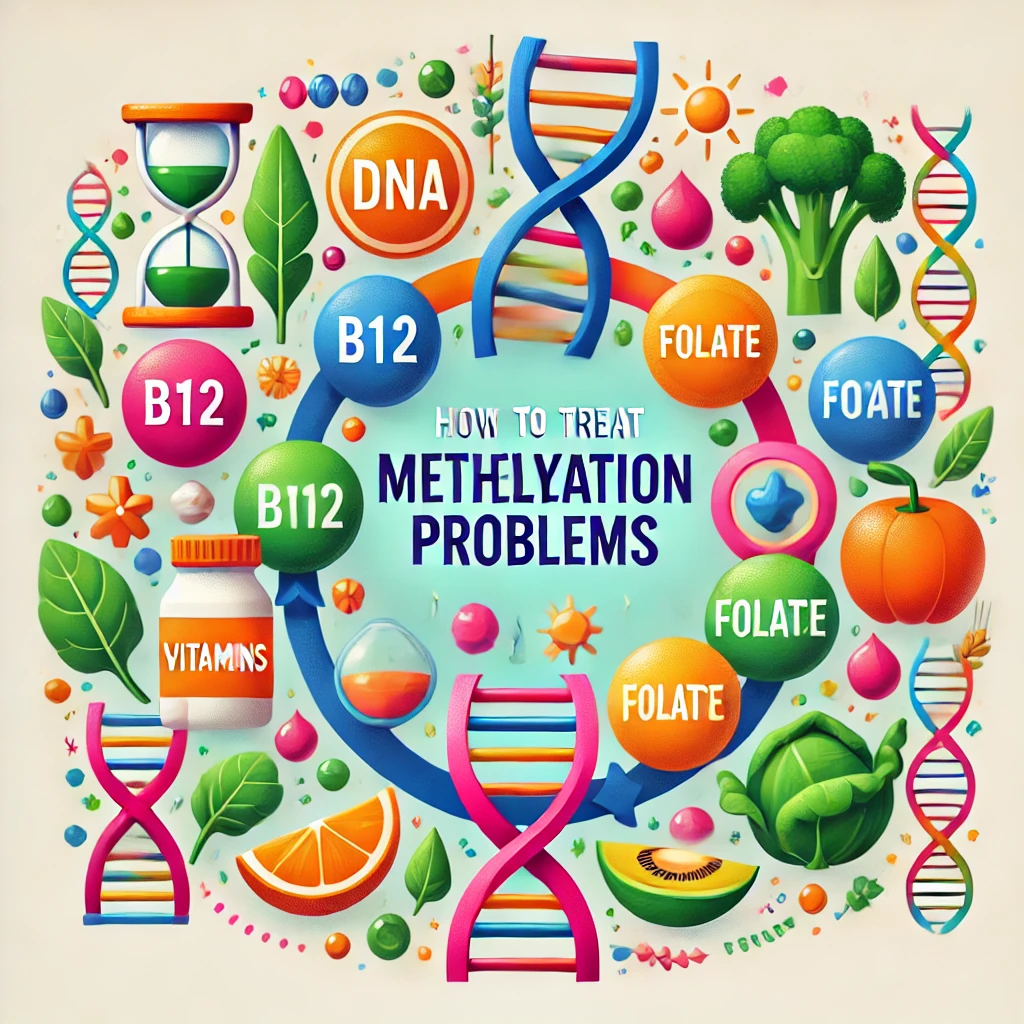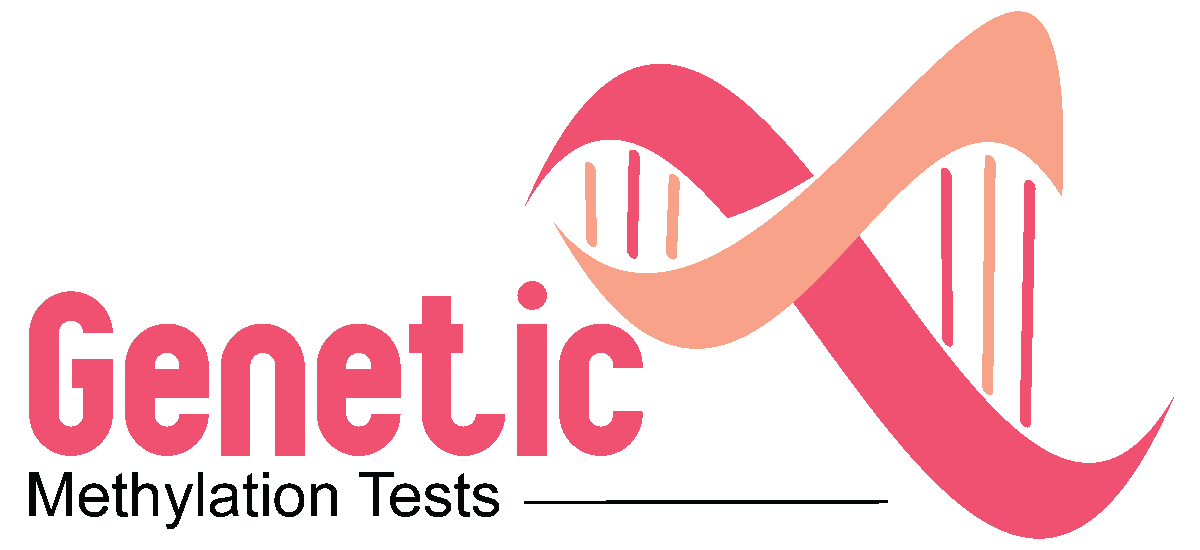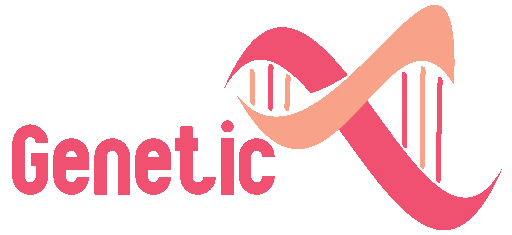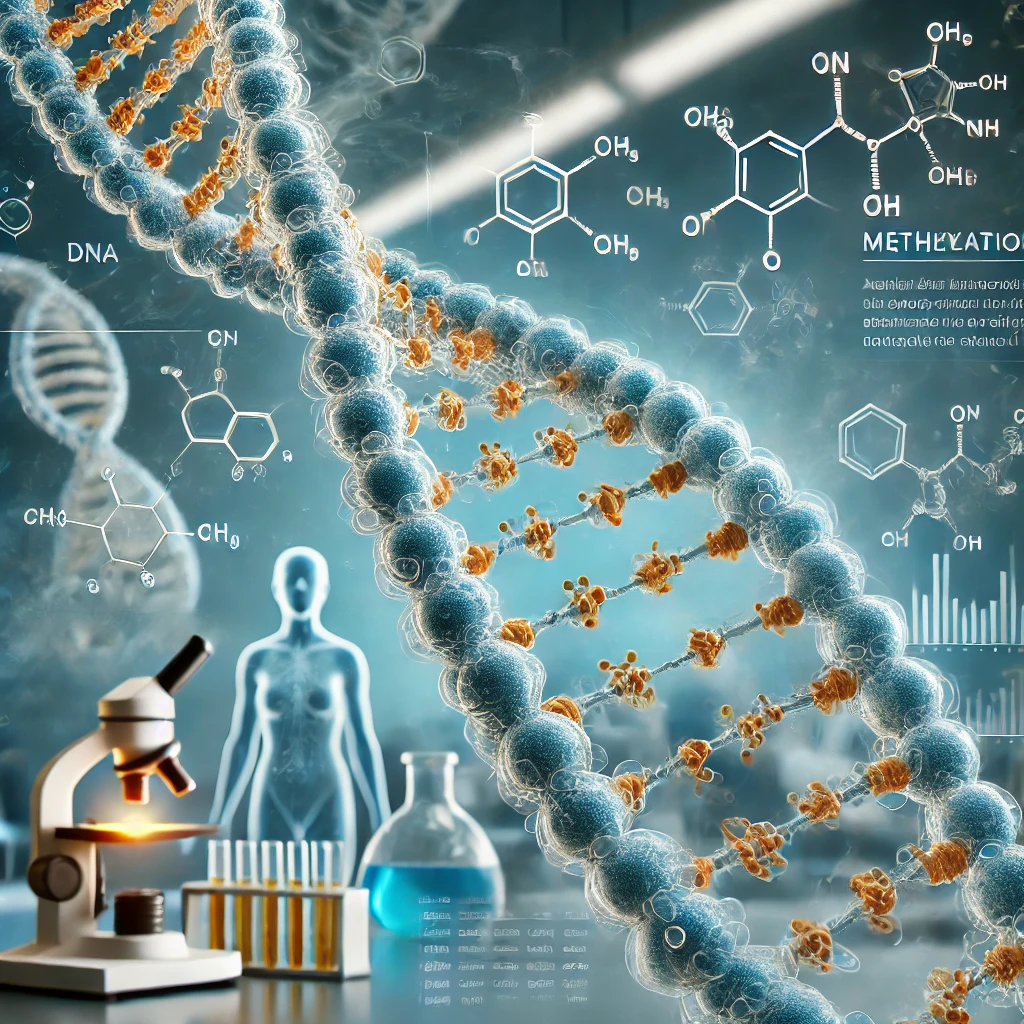
Methylation Problem, Methylation is a crucial biochemical process that affects many aspects of our health. It involves the transfer of a methyl group (a carbon atom with three hydrogen atoms) to a molecule, enabling essential functions like DNA repair, energy production, detoxification, and neurotransmitter synthesis. Methylation acts as a switch to turn certain biological processes on or off, playing a key role in gene expression and overall body function.
What Happens When Methylation Is Impaired?
A mutation in the MTHFR gene can slow down the enzyme responsible for converting folate into its active form, leading to poor methylation. This can result in the accumulation of toxins and elevated homocysteine levels, which are linked to cardiovascular disease, mental health disorders, and pregnancy complications.
Symptoms of Methylation Problems
Methylation issues can manifest through various symptoms, which often lead to chronic health conditions. The signs can differ based on whether someone is experiencing under-methylation or over-methylation.
Symptoms of Under-Methylation:
- Fatigue
- Insomnia
- Depression or anxiety
- Obsessive-compulsive behaviors
- Seasonal allergies
- Frequent headaches
- Digestive issues
- High libido and perfectionism
Symptoms of Over-Methylation:
- High anxiety and hyperactivity
- Rapid speech
- Low motivation
- Dry eyes or mouth
- Sleep disorders
- Artistic or musical abilities
- Eczema and other skin issues
How to Test for Methylation Problems
If you suspect you have methylation issues, several tests can help you confirm it. The most common test is a genetic test for the MTHFR mutation, which can be done via blood or saliva samples. Additionally, tests for homocysteine levels, folate, and vitamin B12 can give further insight into your methylation status. Nutrient testing for zinc, magnesium, and other vitamins can also help identify deficiencies that affect methylation.

How to Treat Methylation Problems
Addressing methylation issues requires a multi-faceted approach involving lifestyle, diet, and possibly supplements. Here are some steps to consider:
1. Dietary Changes:
Focus on foods rich in nutrients that support methylation, such as:
- Leafy greens (spinach, kale)
- Broccoli and Brussels sprouts
- Avocados, eggs, and wild-caught fish
- Legumes (beans, lentils)
Also, avoid processed foods, vegetable oils, and excessive alcohol or caffeine, as these can hinder the methylation process.
2. Supplements:
Consider adding supplements such as folate, vitamin B12, zinc, magnesium, and choline to your routine. These nutrients are vital for proper methylation function.
3. Lifestyle Modifications:
Engage in regular physical activity, manage stress, and get enough sleep. These factors all play a role in supporting healthy methylation.
How Do You Fix Methylation Problems?
Improving methylation can take 3-4 months and requires consistency in lifestyle changes. Here are the steps to take to fix methylation problems:
- Balance Nutrient Levels: Ensure you are getting enough folate, vitamin B12, magnesium, and other key nutrients through food or supplements.
- Reduce Toxins: Limit exposure to environmental toxins like heavy metals, processed foods, and pollutants, which can hinder methylation.
- Regular Testing: Work with a healthcare provider to regularly test your homocysteine levels and adjust your diet or supplements as needed.
How Do You Treat Methylation Problems?
Treating methylation problems is a personalized process, but it often includes:
- Supplementing with nutrients like folate, vitamin B12, and magnesium
- Changing your diet to support methylation with foods like leafy greens, legumes, and eggs
- Managing stress through meditation or exercise to improve methylation efficiency
- Limiting toxins by avoiding processed foods, alcohol, and environmental pollutants
Frequently Asked Questions (FAQ)
1. How do I know if I have a methylation problem?
Look for common symptoms like fatigue, anxiety, depression, headaches, or reproductive issues. You can also take a genetic test for the MTHFR mutation and monitor homocysteine levels through a blood test.
2. How can I fix methylation problems naturally?
Start by improving your diet with methylation-supporting foods like broccoli, spinach, and salmon. Add supplements for key nutrients like folate and vitamin B12, and avoid processed foods, alcohol, and excess caffeine.
3. What health conditions are linked to methylation issues?
Methylation problems are linked to conditions like cardiovascular diseases, mental health disorders (e.g., depression, schizophrenia), infertility, pregnancy complications, and autoimmune diseases.






Leave a Reply